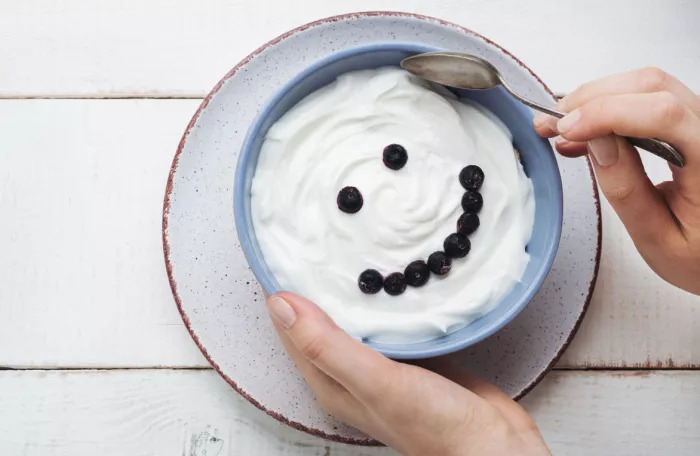Probiotics and prebiotics are two important elements of maintaining a healthy gut, but they are not the same thing. Probiotics are live microorganisms that are similar to the beneficial microorganisms found in the human gut. They can be found in supplements and fermented foods like yogurt, kefir, and kimchi. Prebiotics, on the other hand, are non-digestible carbohydrates that serve as food for probiotics and other beneficial microorganisms in the gut. They can be found in foods like onions, garlic, leeks, and asparagus.
The Differences
One of the main differences between probiotics and prebiotics is that probiotics are live microorganisms, while prebiotics are not. Probiotics can colonize in the gut and provide health benefits, while prebiotics are simply a source of food for probiotics and other beneficial microorganisms.
Benefits of Probiotics
Probiotics have been shown to have a wide range of health benefits, including improving digestion, boosting the immune system, and reducing the risk of certain diseases. They can help to restore the balance of beneficial microorganisms in the gut, which is important for overall health. Some probiotics, such as Lactobacillus and Bifidobacterium, have been found to be particularly effective for improving gut health.
Benefits of Prebiotics
Prebiotics are non-digestible carbohydrates that are not broken down by the human body, but are fermented by the beneficial microorganisms in the gut. This fermentation process helps to promote the growth of beneficial microorganisms, which in turn helps to improve gut health. Some of the most common prebiotics include inulin, oligosaccharides, and resistant starches.
Probiotics and Prebiotics in Foods
It’s important to note that probiotics and prebiotics can also be found in combination in certain foods and supplements. For example, some yogurt products contain both probiotics and prebiotics. It’s also possible to find supplements that contain both probiotics and prebiotics.
Probiotic-rich foods:
- Yogurt
- Kefir
- Kimchi
- Sauerkraut
- Miso
- Tempeh
- Kombucha
- Pickles
Prebiotic-rich foods:
- Onions
- Garlic
- Leeks
- Asparagus
- Bananas
- Berries
- Whole grains
- Legumes
Incorporating both probiotics and prebiotics into your diet can have a positive impact on your gut health. Probiotics can help to restore the balance of beneficial microorganisms in the gut, while prebiotics can help to promote the growth of these microorganisms. However, it’s also important to note that everyone’s gut microbiome is unique, so it’s always a good idea to consult with a healthcare professional before making any major changes to your diet.
In conclusion, probiotics and prebiotics are two important elements of maintaining a healthy gut. They both have different functions and benefits and can be found in a variety of foods. Incorporating both probiotics and prebiotics into your diet is important for maintaining a healthy gut and overall health. It’s always a good idea to consult with a healthcare professional before making any major changes to your diet.







